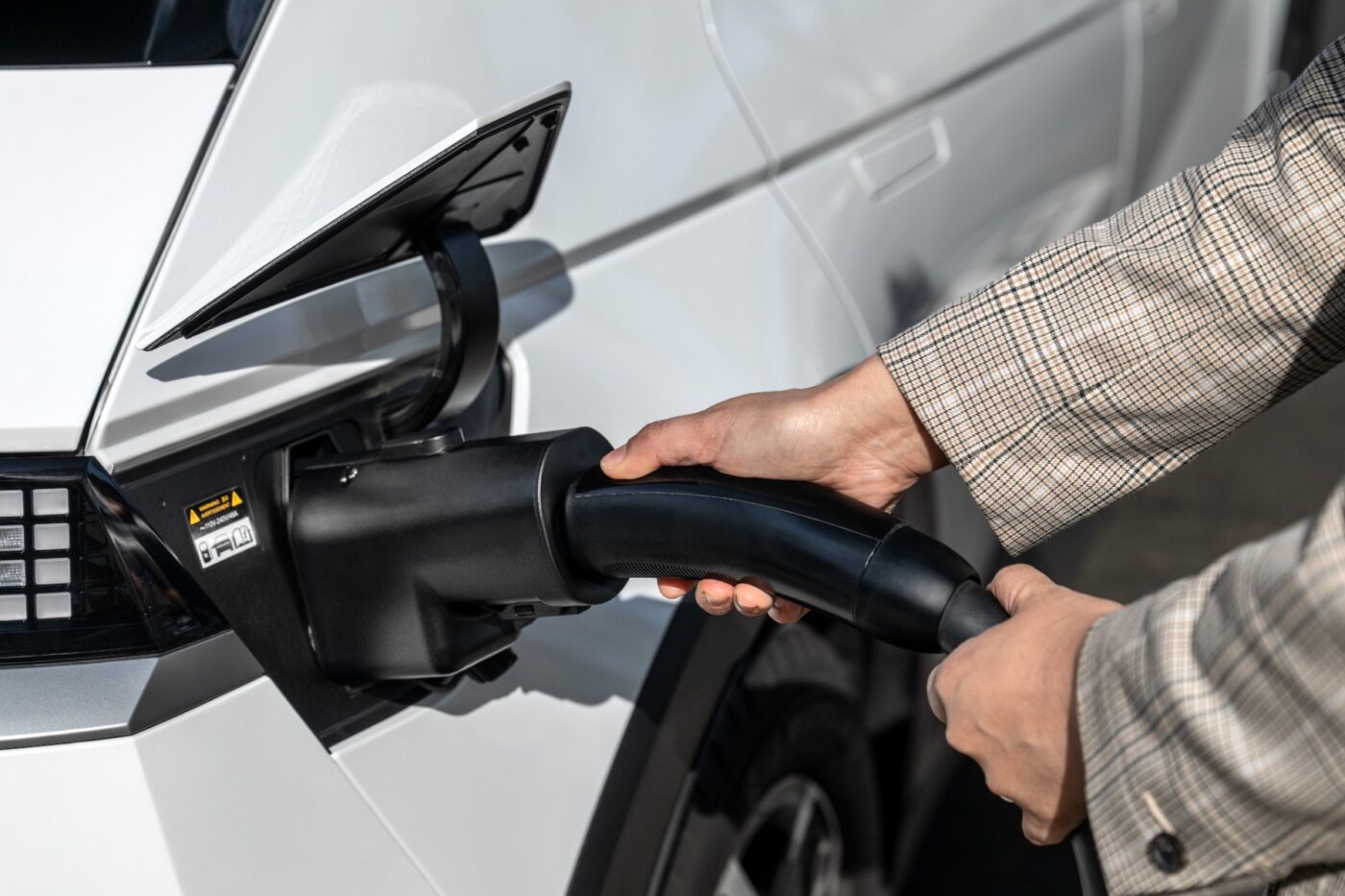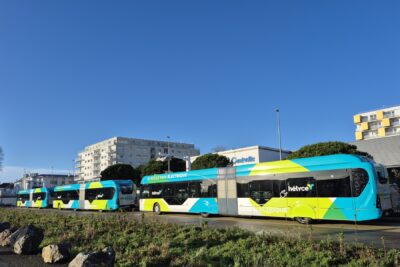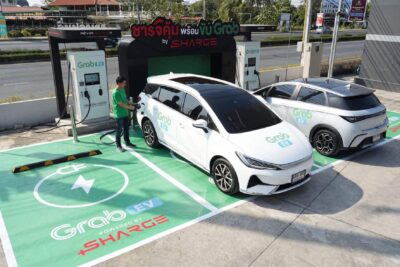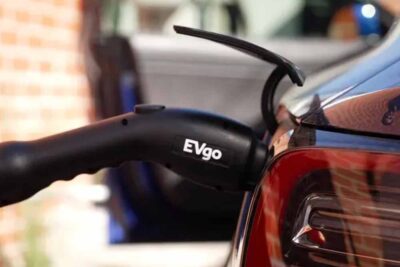$46m for EV charging in Massachusetts
To break it down, $16 million of grant funding will go towards EV charging infrastructure in workplaces, apartment blocks, campuses, and other public locations. Then, the bulk of the funding pool goes to ‘medium and heavy-duty charging’: $30 million in grants to charging hubs along ‘secondary corridors’ primarily in western and central Massachusetts.
This funding hasn’t been allocated yet, so the final picture currently isn’t clear. The Massachusetts government has however said that funding will become publicly available through ‘scaling up’ existing programs and through the launch of new grant opportunities.
Additionally, they have provided some clues as to the funding criteria. The state government says it will aim to “match the needs” identified by the EVICC Assessment. This is a biannual assessment from the Electric Vehicle Infrastructure Coordinating Council (EVICC) which aims to guide the state’s rollout of EV chargers.
The assessment itself has recommended that the government focus on fast charging along secondary transportation corridors in western and central Massachusetts; scaling on-street charging and public charging in residential areas; plus medium- and heavy-duty fleet charging for both commercial fleets and at depots serving groups of fleets. A few other recommendations are in there: solutions to minimise grid impacts of EV charging; expanding ‘right-to-charge’ legislation for renters; expanding charger purchase incentives at shops and businesses, among other things.
Currently, Massachusetts ranks first in charger density in the US, and has witnessed a more than 50 per cent increase in charger deployments since August 2023. Monica Tibbits-Nutt, the CEO & Transportation Secretary of EVICC, said: “This ongoing and expanded investment is about more than just charging stations; it’s about creating a future where every community, no matter how small or remote, is part of our clean energy transition. Access to EV charging is essential if we’re serious about reducing emissions and developing a transportation system that’s resilient, fair, and prepared for the challenges of climate change.”
MBTA General Manager and CEO Phillip Eng added: “Expanding access to EV charging, including at MBTA parking facilities, and especially in communities that rely on transportation options, means we’re giving people the freedom to move, and building a better future for generations to come.”





0 Comments